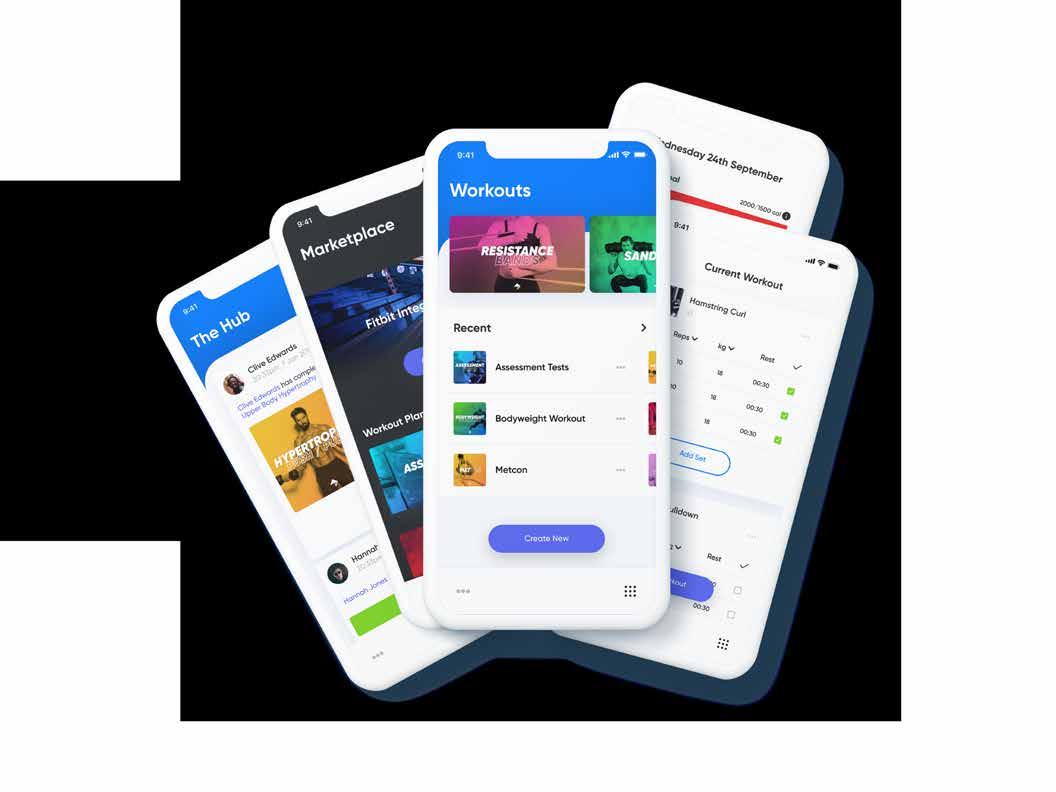
2 minute read
ben coomber
by PT Today
TIRED OF CONFUSING NUTRITIONAL INFORMATION
– ben coomber
Advertisement
This year, like every other year, will be one filled with interesting nutrition debate. While the discussion trends have historically tended to vary a lot there are a couple that have always been there in the foreground, with the most obvious example being that of aspartame sweetened beverages.
Objectively there is no evidence to suggest that aspartame in normal consumption levels is harmful to humans, so why does the idea that it does still persist?
If the above is claimed regarding aspartame and cancer, to explain why that isn’t the case is an absolute tonne to unpack, and many won’t read for that long. Moreover; There is a lack of validity in epidemiological and animal trials.
We must consider the healthy user bias and whom consumes such drinks.
The breaking down of aspartame into phenylalanine, aspartic acid and methanol. The ‘nocebo’ effect. Making a claim about something people are already suspicious about because so many other people have made similar claims, is really easy. The group you’re talking to are ready to believe you, and your claim takes no time to communicate while a convincing counterpoint requires a tonne of avenues to be explored.
This is why I value critical thinking and scientific literacy. It is fundamental to us being worldclass practitioners. In 2020 you need to be that critical thinker. I challenge you to not buy into the claims, the hearsay & the status quo. But to tread carefully around any nutrition claim.
The burden of proof lies with a person making a positive claim. For example, if a person says that X does Y, they have to prove this by using high-quality, relevant data. For example, high-quality human data does not connect aspartame consumption to cancer. That doesn’t mean it doesn’t cause cancer. However, we don’t know that it does and so
claiming as such is overstepping the research, meaning you don’t have to believe this claim.
Keeping that in mind will allow you to solve most critical thinking questions in nutrition, though of course not all of them. If you see a claim that is against the body of research, you are within your right to ask for proof. However, if the claimant asks for proof, simply say that the person going against the research has to prove why, not for the person sitting with the body of research to prove why the existing research is correct.
Want the best resources to assess research data on health and nutrition? Use Examine for supplements and nutrition links to disease. Google Scholar when looking to find research studies on topics. Also visit www.btn. academy to get a free evidence based nutrition short course.
Let’s make 2020 the year for critical thinking!
www.bencoomber.com






















